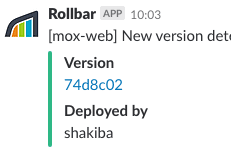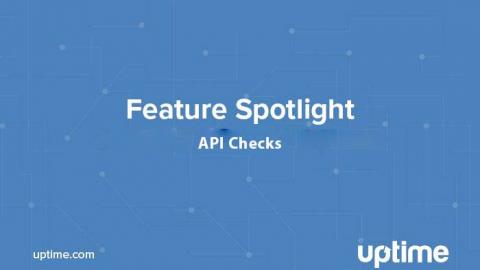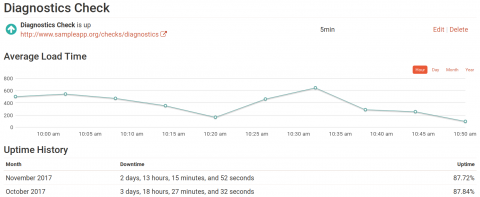Enhancements to the Rollbar Deploy API
Rollbar introduced Versions a few months ago, providing developers a way to easily see whether their most recently deployed code changes are introducing new or reactivated errors. As a follow-on improvement, we've updated our Deploys API so you can notify Rollbar immediately when starting a deploy as well as when it completes.











